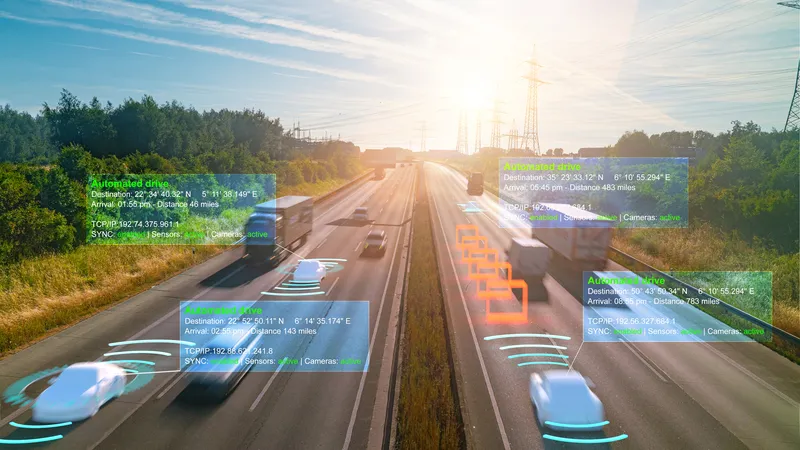Transport Minister Norman Baker has launched the UK government’s strategy, Driving the future today - a strategy for ultra low emission vehicles in the UK, to drive forward the ultra low emission vehicles (ULEVs) industry.
The new strategy signals a major change in the way vehicles will be powered in the future and reaffirms the government’s commitment to provide new opportunities for the motor industry to help grow the UK economy.
September 5, 2013
Read time: 2 mins
Transport Minister Norman Baker has launched the UK government’s strategy, Driving the future today - a strategy for ultra low emission vehicles in the UK, to drive forward the ultra low emission vehicles (ULEVs) industry.
The new strategy signals a major change in the way vehicles will be powered in the future and reaffirms the government’s commitment to provide new opportunities for the motor industry to help grow the UK economy.
The government’s long term strategic approach will deliver: a growing fleet of, and private markets for, ULEVs; a network of charging points and other infrastructure making ULEVs an attractive proposition; the development of world class skills and facilities for the development of ULEV technologies leading to global export; and a smarter electricity grid to benefit vehicle owners and the electricity system.
Norman Baker said: “These are exciting times for the motoring industry as ultra low emission vehicles are the future for road travel. Our vision is that by 2050 almost every car and van will be an ultra low emission vehicle with the UK at the forefront of their design, development and manufacture. This strategy moves us up a gear in pursuing that vision.”
The Office for Low Emission Vehicles is inviting industry to have a say through a call for evidence on how best to invest US$781 million of funding to drive the revolution and establish the UK as a premier market for ULEVs. The call for evidence will be launched shortly.
Business Minister Michael Fallon said: “The automotive industry provides thousands of high-quality jobs across the country and we are determined to keep it that way. By setting out the level of our financial support up to 2020 we are demonstrating our long-term commitment and giving business the confidence to invest. We will keep working in partnership with industry on where our investment can best drive growth as we support the transition to ultra low emission vehicles.”
The new strategy signals a major change in the way vehicles will be powered in the future and reaffirms the government’s commitment to provide new opportunities for the motor industry to help grow the UK economy.
The government’s long term strategic approach will deliver: a growing fleet of, and private markets for, ULEVs; a network of charging points and other infrastructure making ULEVs an attractive proposition; the development of world class skills and facilities for the development of ULEV technologies leading to global export; and a smarter electricity grid to benefit vehicle owners and the electricity system.
Norman Baker said: “These are exciting times for the motoring industry as ultra low emission vehicles are the future for road travel. Our vision is that by 2050 almost every car and van will be an ultra low emission vehicle with the UK at the forefront of their design, development and manufacture. This strategy moves us up a gear in pursuing that vision.”
The Office for Low Emission Vehicles is inviting industry to have a say through a call for evidence on how best to invest US$781 million of funding to drive the revolution and establish the UK as a premier market for ULEVs. The call for evidence will be launched shortly.
Business Minister Michael Fallon said: “The automotive industry provides thousands of high-quality jobs across the country and we are determined to keep it that way. By setting out the level of our financial support up to 2020 we are demonstrating our long-term commitment and giving business the confidence to invest. We will keep working in partnership with industry on where our investment can best drive growth as we support the transition to ultra low emission vehicles.”









